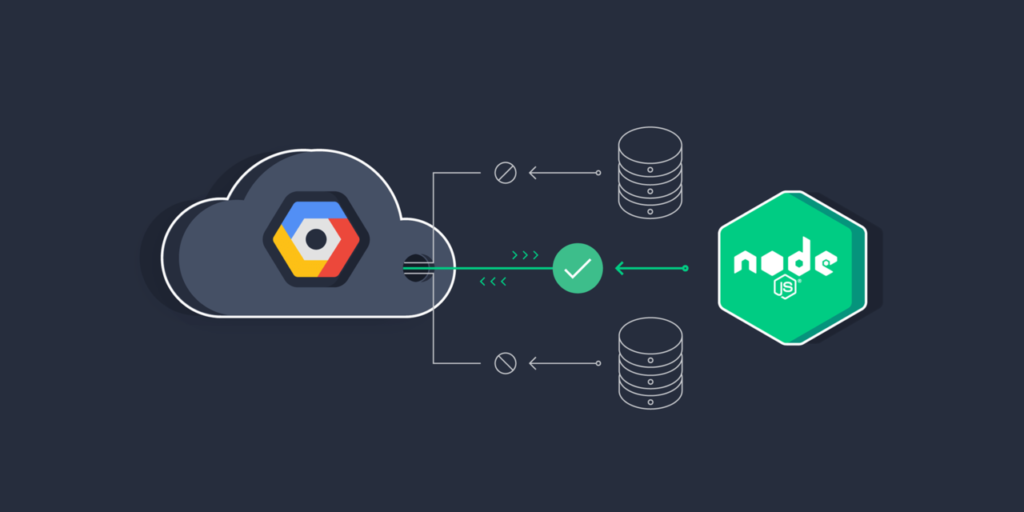Table of Contents
Choosing a Node.Js hosting platform is a serious decision and depends directly on your needs. If you want to be technically savvy, find a service, which will run your app from end-to-end and streamline the management of your app, eliminate tedious infrastructure requirements – Google Cloud Platform is the best solution for you.
All you need to know about Node.Js hosting and available web hosting options
Since the Node.Js app is of an open-source nature, it can run on various platforms. It lets developers use JavaScript for server-side scripting and reflect web page content before the page is sent to the user’s browser. This client-oriented scripting makes the development and web hosting process a bit specific.
Get more insights in our related blog article about Node.Js development.
The hosting solution for Node.Js should be reliable, scalable, and fast. Moreover, Node.Js involves custom coding, thus your chosen platform should support it. The hosting environment must correspond to a high level of security and accessibility to the app offering unlimited storage.
Popular cloud computing platforms for Node.Js
Google Cloud Platform
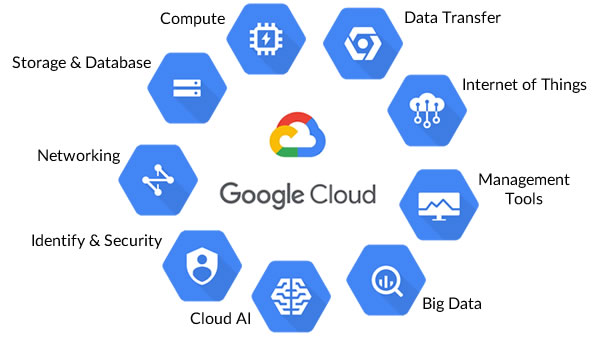
One of the most popular hosting services with a powerful infrastructure is used also for YouTube and Google Search engines. Google hosting provider is simple to use, offers a variety of unique tools, and allows you to easily host apps and automate most of the management. It offers automatic scaling, a wide variety of services suitable for different programming languages that can be combined in accordance with individual needs, and everything is offered on a convenient billing plan.
Pros:
- Billing system
- Excellent performance
- Stability
- Sufficient documentation
Cons:
- Redundant tools and environments
- Low-efficiency debugging tools
AWS hosting service
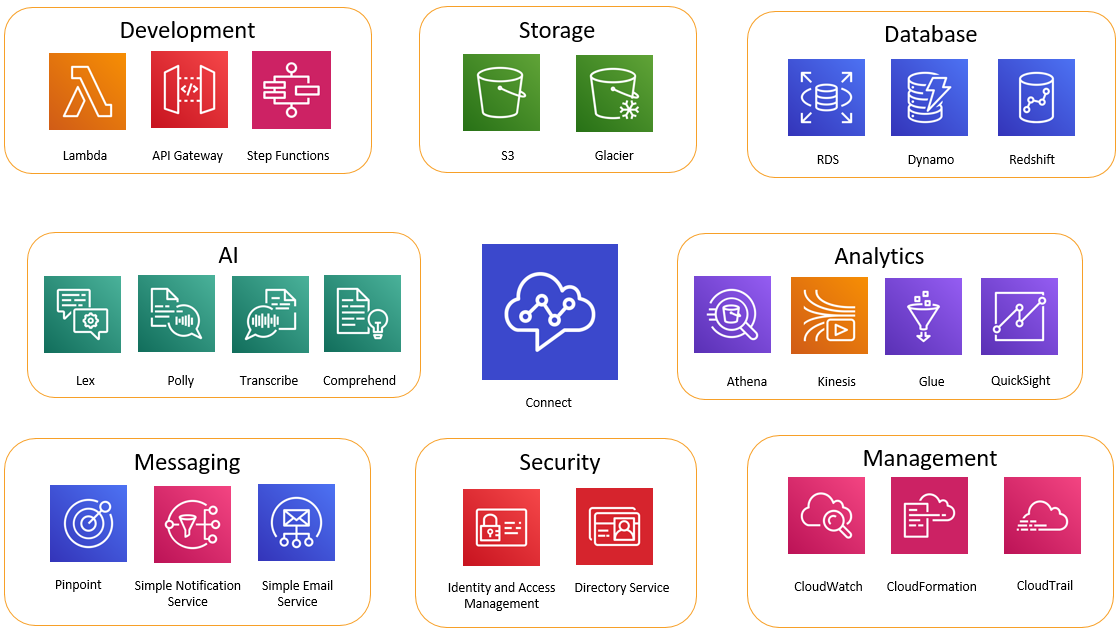
AWS offers a bunch of services allowing to host your Node.Js application. You can fins analytical, computing, ML, media services options, etc. One of the most popular services is Elastic Beanstalk allowing to automate the deployment and configuration of your app. Moreover, you can retain full control over the service.
Lightsail and Lambda is a package offering tools for networking, storing, and computing your project and easy server management. API gateway service allows building serverless mobile backends.
Pros:
- Affordable pricing
- Offers a variety of features
- Quick and easy learning
Cons:
- Wide variety of packages
- Demands many configurations
- Lambda offers no control over the environment
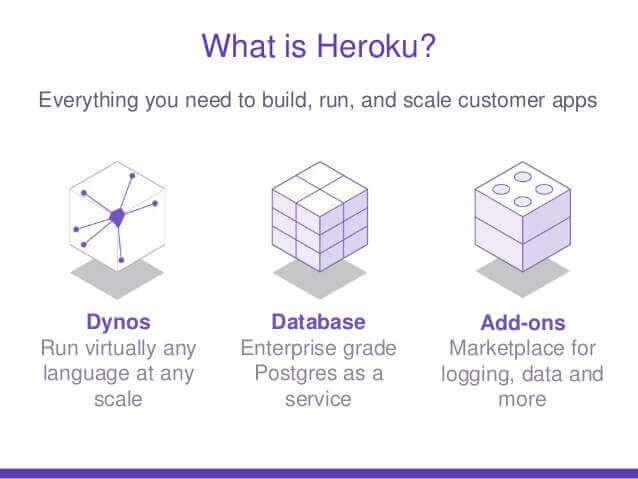
Heroku is another popular service for many apps offering a no-charge tier. However, it is a good option only for those, who want to experiment with cloud apps having a limited number of features. The cloud platform offers a variety of services, such as monitoring, logging, caching persistence, and a set of scripts to build apps on the platform with everything optimized for comfort usage.
Pros:
- Free tier
- Easy onboarding
- Simple scaling
Cons:
- Slow deployment of larger apps
- High price
Google Cloud Platform: Quick intro
The modern market offers many cloud platforms such as Azure, AWS, and Alibaba; however, the leading positions belong to Google Cloud.
Google Cloud is a service for developing and maintaining original apps that can be published from hyper-scale data centers. GCP is a set of computing, storage, big data, and ML services offered by Google.
They run on the same infrastructure which Google uses for its products. It is possible to avoid or minimize up-front infrastructure costs, optimize and speed up the app’s performance, improve manageability and simplify maintenance.
Google server is currently one of the biggest in the world. They are available in various locations, including North America, Europe, Asia, and Australia, with 200 locations in 106 zones. You can locate your app in any zone to support app requirements’ availability, latency, and durability.
Among the most famous instances used by Google are machine learning analytics, app modernization, security, and business collaboration.
Google Cloud computing service includes a variety of sub-services you can benefit from, such as:
- Machine Learning
- Computing
- Networking
- Storage and database
- Identity and security
- Storage and databases
You can benefit from a scalable range of options and adapt the available service to your needs.
Overall let us dwell upon the main benefits and opportunities you will get while using GCP:
- Save time and money since it reduces time to market, scalable service saves time for DevOps, the chance of user discounts
- Autoscaling, which is regulated depending on your use case using individual quotas
- Offer various types of compliances depending on your project requirements
- It offers multiple service categories by the user’s needs
- Includes many tools and libraries to consider, including programming APIs to most of its services. You may use any language that suits you the most when you work in production.
Many clients that have established themselves in the global arena prefer GDP’s services, among which are PayPal, Twitter, Forbes, Voot, and Icci.
The possibilities of Google Cloud Platform
One of the biggest advantages of using Node.Js is that you are just writing in JavaScript. Thus you use one language both for a client and a service. You can use the same skills that you are using in the browser, to build impressive apps in the cloud.
The core of Node.Js is relatively small and many libraries can be used in open-source. Thanks to the Node.Js package manager.
Node.Js offers the mature APIs and LTS release schedule providing the 18th month of support.
Google Cloud Platform has expanded and grown as well becoming a great destination for web applications and APIs requiring the Google scale. Moreover, the GCP is easy to use. You may simply create and bring the code and stop worrying about scaling and the ops.
Exists a variety of Google-managed services and APIs allow one to benefit from Google’s big data and ML technologies.
Exist three ways allow you to run your app on Google Cloud:
- App Engine – you simply deploy the code and the Google service will automatically scale it, allow to handle traffic issues, update with no downtime, and benefit from advanced diagnostics tools and production. Thanks to a fully managed environment developers can focus on code, while the app engine cares about the underlying infrastructure issues.
- Container engine based on Kubernetes – allows using of Google orchestration technology in the cloud. It allows to speed up development, enhancing security, and streamlining operations.
- Computer engine – offers full control and flexibility with traditional virtual machines which you can control and manage.
Google Killer Features to benefit from when deploying your Node.Js code to GCP
Choosing a Google Cloud Platform to host your Node.Js app you do not have to worry about performance, security, hardware and software setup, and no special configurations to run the application code. Among the best features, you can benefit from while hosting your Node.Js app on GCP are artifact registry and ML. Let us dive deeper.
Artifact registry
It is a modern artifact management solution launched by Google that allows for securing the build pipeline with comprehensive Docker image scanning. It allows to detection of possible security vulnerabilities and enhances compliance with container images headed to production. This GCP service offers DevOps teams secure private artifact storage with the support of container images and non-container artifacts.
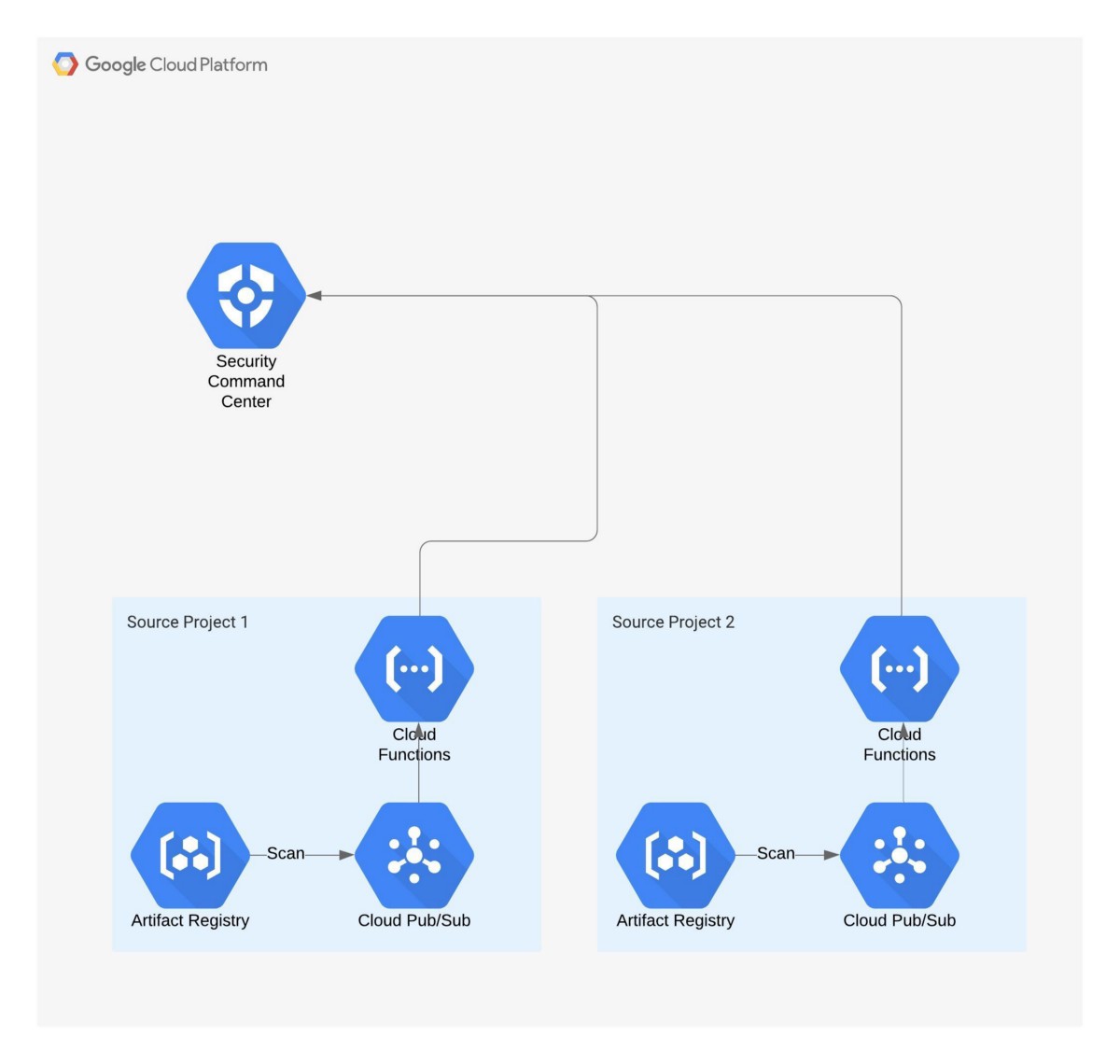
Thus it allows better control over the software delivery process and adds more efficiency to DevOps operations.
Main features:
- Regional and multi-regional repositories to manage container images and packages
- Multiple deposited under a single GCP
- Granular access controls based on repository actions
- Allows to use of existing CI/CD tools to upload and download artifacts
- Control access to the project
- Secure repositories through VPC service controls
- Lower fees for network egress
Machine Learning and AI
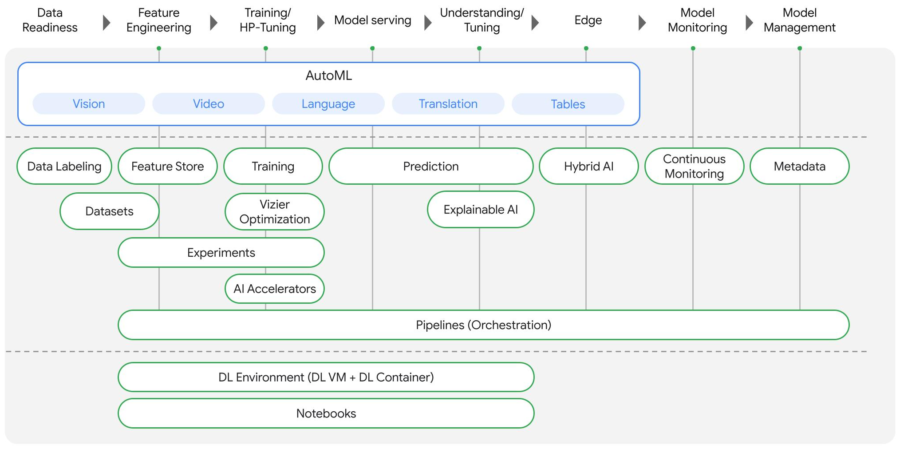
The platform has several features to complete tasks across the ML lifecycle. Available Jupiter notebooks can be used for building models in a cloud environment and use powerful hardware to quickly train these algorithmic models. It means quicker download and upload, lower loading for local machines, and a wide range of hardware for various ML tasks.
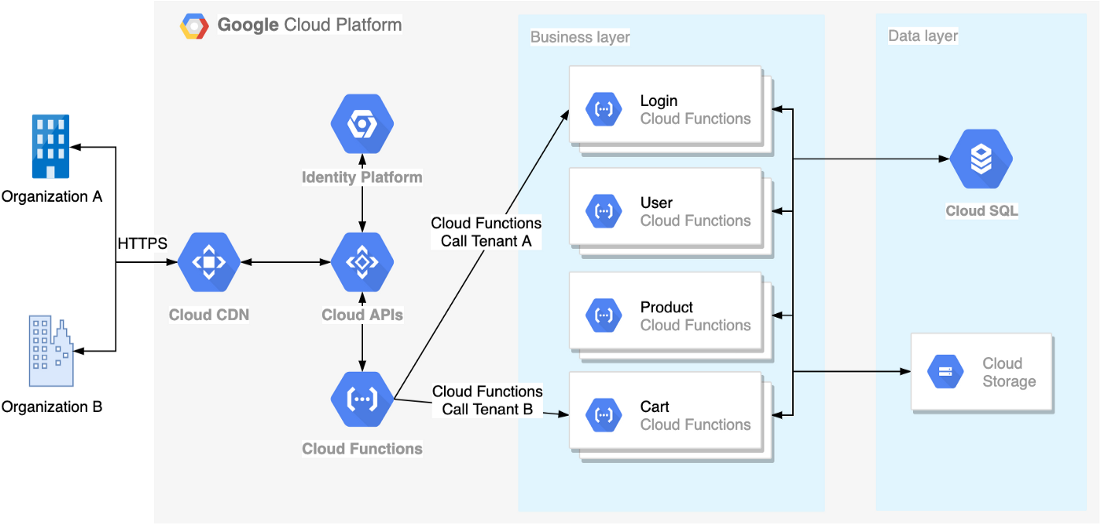
Before deploying, you need to use service source code which is needed for Cloud Build to build the serving image. That it is moved to the artifact registry and deployed on Cloud run. A prediction request, if needed can be made via the front end. It is sent from the front end to the API gateway. API gateway sends it to Cloud Run, which generates prediction, sends it back to API gateway, and displays it to the front end.
By migrating your resources of the Node.Js app to Vertex AI, you will get useful ML features, and make end-to-end journeys less complicated. Even having minimum ML expertise it is possible to train high-quality custom models.
Another popular service is Document AI, which enables developers to work with structured data from documents. You can store, analyze and search data fully managing the document lifecycle in one solution.
It allows to reduce manual involvement, and minimizes the budgeting for setup, ensuring a high level of accuracy.
Benefits:
- Allows extracting structured data from unstructured documents
- Keeps your data accurate and compliant
- Automated evaluation of documents streamlines the compliance workflows
- Improved CSAT advocacy allowing to efficiently use your data to meet customer expectations
Google Cloud Platform offers AI Services which simplify building specific types of apps that could benefit from AI helping businesses with specific use cases. You can benefit from purpose-built services powered by Google technologies.
Why consider deploying your Node.Js app to Google Cloud?
Most companies strive to find a possibility to offer a low barrier to entry to fit their digital products. The complexity of the processes plays a crucial role, since the easier you start, the quicker the user can explore the opportunities your product offers. And one of the crucial steps is the creation of clear and consistent documentation of your APIs.
When it comes to deploying the Node.Js app, it is important to choose the tools that are well-developed and are fully working adding additions to the current ecosystem.
Google Cloud platform has several benefits – it offers Heroku’s simplicity of the deployment process, deployment of a containerized app with Kubernetes Engine, and serverless app with Cloud Functions. Your team may benefit from Google Prediction API tools, which allow editing files and deploying an app with App Engine entirely in the browser, considerably cutting investment costs.
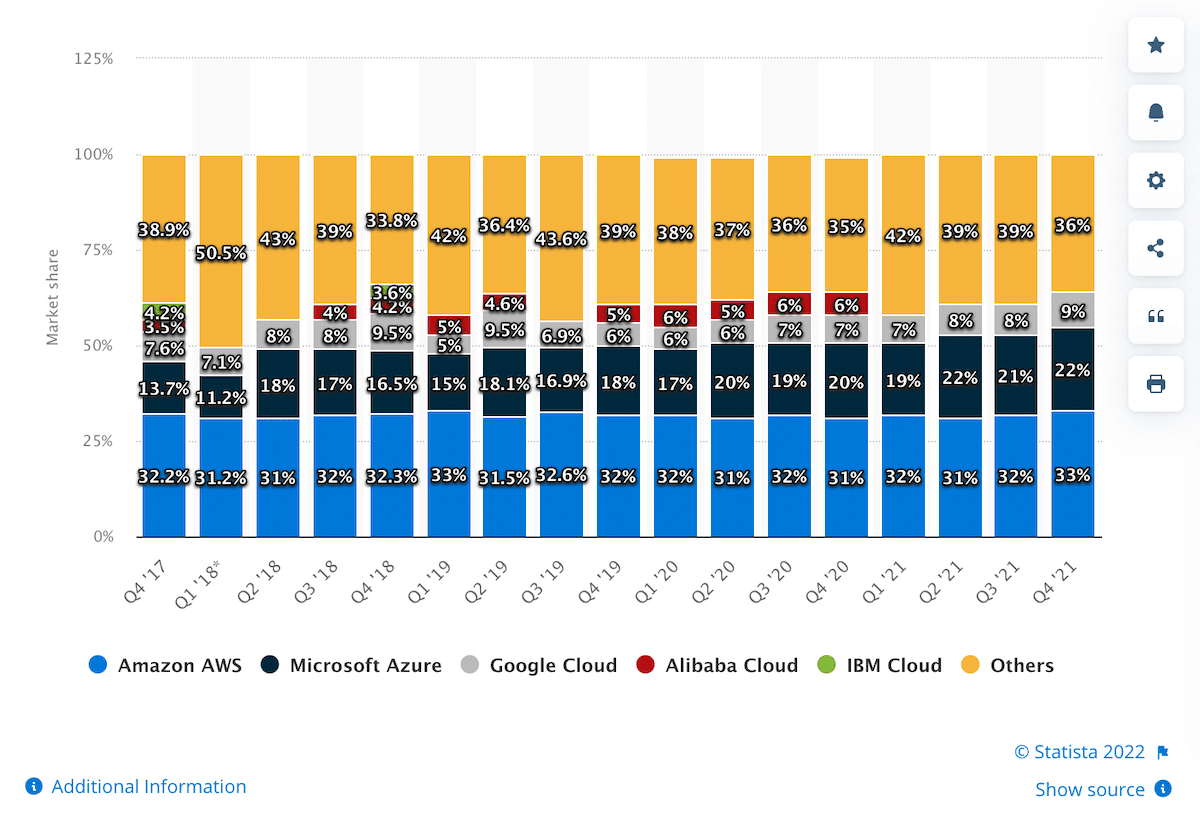
Summing Up
More and more businesses choose Node.Js as their tech stack since it offers speed, high scalability, and increased performance. Many big players in the global business arena prefer Node.Js.
Google Cloud provider is a great option to host your Node.Js app. If you do not want to deal with system administration, the best choice is a managed platform—Google cloud-based provider with excellent analytics, data, and machine learning services.
GCP offers three computing services that allow the speed of app development, make the deployment easier and automate the most operational tasks. These services are:
- Cloud functions – event-driven FaaS at any scale, allowing streamlining, managing
- Cloud Run – runtime environment for containerized app
- App Engine – allowing to quickly deploy the code and automatically scale accommodating to changing workloads
Considering the available hosting alternatives, deploying your Node.Js app to Google Cloud offers you an excellent tool for managing and developing the Node.Js app. Moreover, you get access to many ML services, enabling developers to implement bold ideas successfully.


